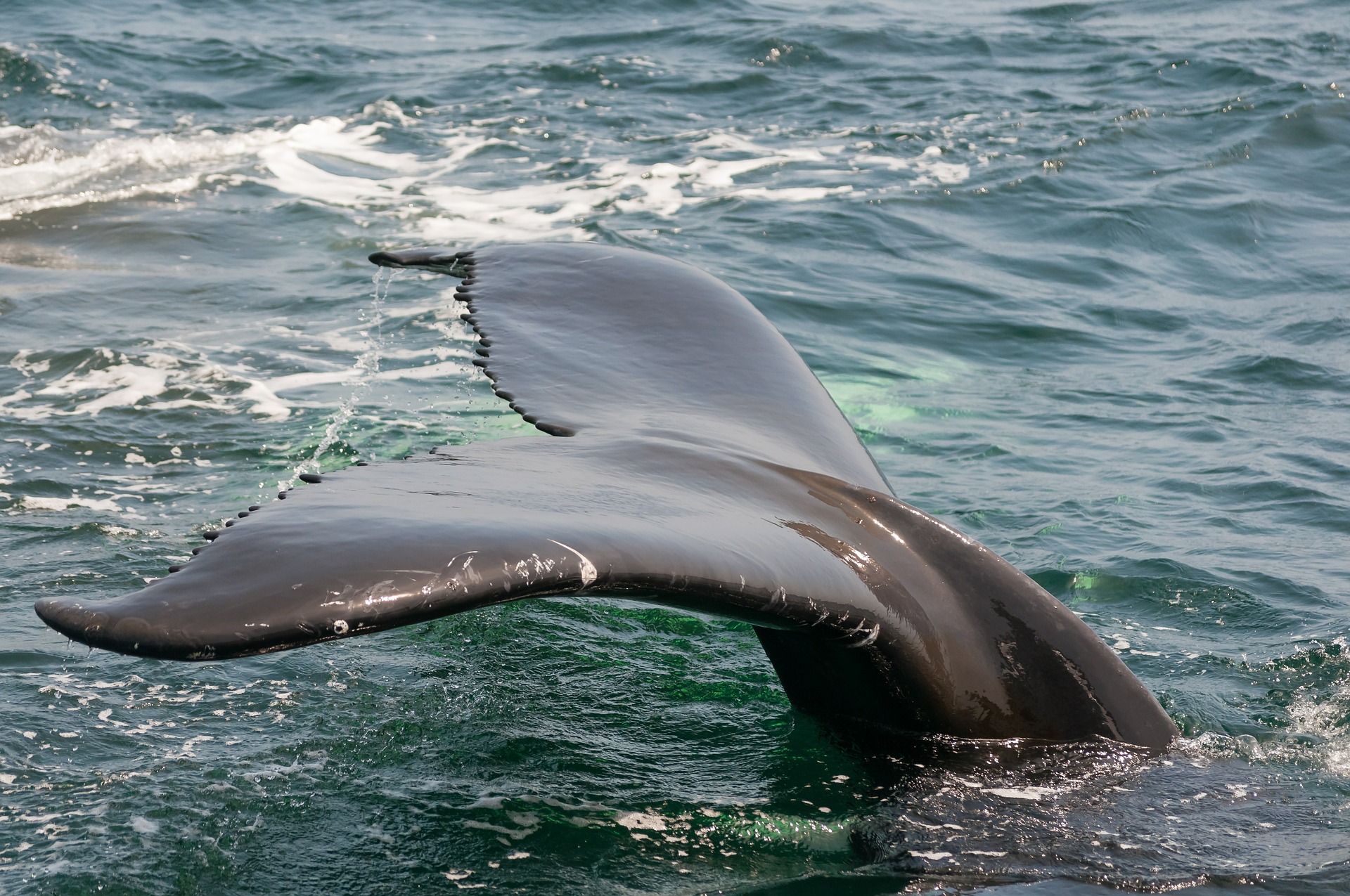Despite a 2014 ruling by the International Court of Justice (ICJ) that banned Japan’s whaling operations in the Antarctic Ocean, the country has once again resumed its whaling operations in the area.
The new whaling operation outlined in documents sent to the International Whaling Commission (IWC) slims the country’s plans down to a third the prior annual rate, which amounts to 333 minke whales a year.
Japan plans to resume their Antarctic whaling efforts in early 2016 under the guise of collecting “scientific data” — a notion which Australia’s minister for the environment, Greg Hunt, was quick to dismiss as he said that Australia in no way accepts “the concept of killing whales for so-called ‘scientific research.'”
We do not accept in any way, shape or form the concept of killing whales for so-called ‘scientific research’ (…) Japan cannot unilaterally decide whether it has adequately addressed the [scientific] questions. There is no need to kill whales in the name of research. Non-lethal research techniques are the most effective and efficient method of studying all cetaceans.
While Wired points out that whale meat was once a staple of the post-war era Japanese diet following General Douglas MacArthur’s decision to authorize a couple of military tankers to be used as whaling ships — an action which resulted in a generation of Japanese children growing up with whale meat in their school lunches — a poll conducted back in 2006 by the independent Nippon Research Centre found the overwhelming majority of Japanese people were surveyed to eat whale meat at a rate of anywhere from “never” to “very rarely”.
With 95 percent of those surveyed in the Greenpeace commissioned poll reporting low whale meat consumption rates, the question of what the country plans on doing with all of that whale meat has arisen.
The amount of frozen whale meat stockpiled in the country doubled over the course of a decade from 2002 to 2012. By the end of 2012, the country had 4,600 tons of frozen whale meat in its reserves.
Commercial whale hunting was banned by the International Whaling Commission in 1986, however, the ban allows for an exception: scientific research. Subsequently, Japan claims to be killing the whales for the sake of research.
In the 2014 International Court of Justice ruling that brought the country’s whaling operations to an end, presiding judge Peter Tomka of Slovakia said, “In light of the fact the [research program] has been going on since 2005, and has involved the killing of about 3,600 minke whales, the scientific output to date appears limited.”
It’s worth noting that while Japan claims its annual whale haul is in the name of science, Iceland and Norway defiantly disregard the moratorium and continue their commercial whaling operations without citing “scientific research” as an excuse.
























